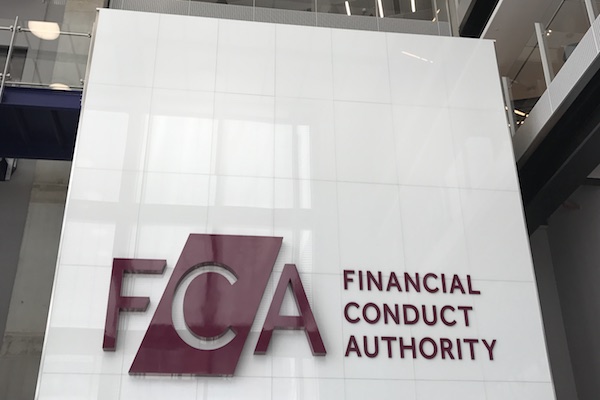The FCA’s ban on contingent charging introduced in 2020 led to a dramatic fall in the number of DB transfers, but had little impact on fees, the regulator said.
In an evaluation paper the FCA said the ban reversed the number of customers proceeding to transfer their pension, a figure that had been steadily rising before the regulator’s action.
Its figures showed that in 2019 to 2020, the year before the ban, some 58,956 consumers were given advice on DB transfer advice.
After the ban the figures started shrinking, falling to 40,701 in 2020 to 2021, 36,216 in 2021 to 2022, 23,549 in 2202 to 2023, and dropping to 9,239 in 2023 to 2024.
Over the same time period the number of transfer fell from 32,452 to 3,981 while revenue from DB transfers fell from £239m to £25m.
The ban also reduced the number of firms providing transfer advice. The number reduced by about 129 firms in the year after the announcement of the intervention and 195 firms up until the end of September 2022.
But fees did not decline as the FCA expected.
It said nominal fees per consumer that were recommended to transfer increased from about £5,500 to £6,900 in the two years before the ban. The fees then fluctuated but generally stabilised after the ban, reaching a peak of approximately £7,300 in March 2022 and concluding the evaluation period at £7,100.
The FCA’s ban on contingent charging on DB pension transfer advice came into force in October 2020.
Contingent charging occurred when an adviser only got paid for transfer advice if the client transfered from a DB to a DC pension. The regulator said: “The contingent charging structure meant that many consumers received poor quality advice and transferred to a DC scheme when it was not in their best interests to do so.”
The regulator’s analysis revealed that between April 2015 and September 2018, 69% of consumers were advised to transfer despite its belief that most customers would have been better off not transferring.
It said the announcement of the ban may have had a larger impact than the rules coming into force, with many firms opting to leave the market ahead of the rule change.
